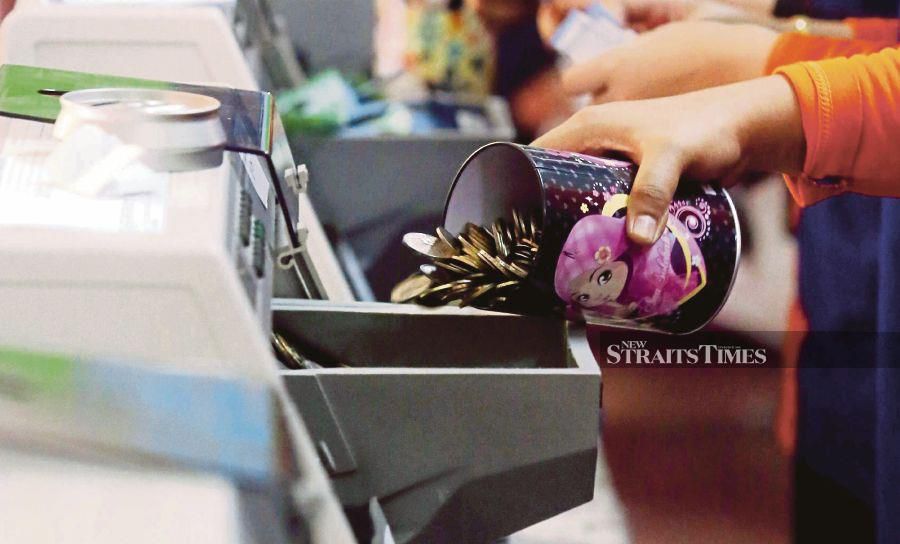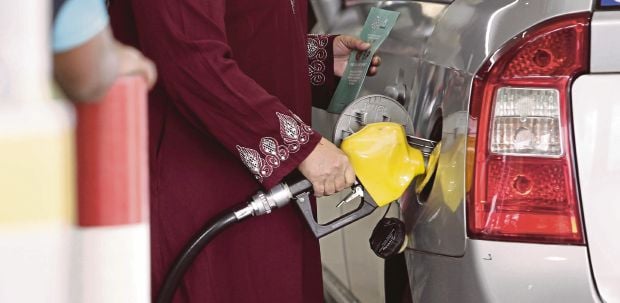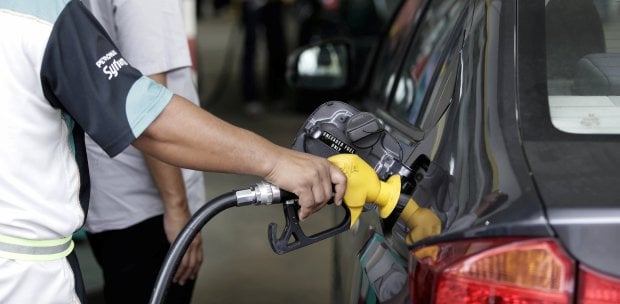The projection that this year's subsidy bill will reach RM80 billion, the largest amount to date, is not something to be proud of.
Let's use a parenting metaphor. If children are given too much protection from the challenges of the real world, is that responsible parenting?
Similarly, if the government continues subsidising the economy, or rather over-subsidising it, does this reflect responsible governance?
No one doubts that the government cares for the people, like parents love their children. But is continuing subsidies the right way? The real problem at hand right now is the rise in the cost of living.
To lower prices, the government has subsidised goods. It has also revised the ceiling prices of chicken and chicken eggs, and kept the tariffs for electricity and water unchanged.
These come at a cost. It's not just the RM80 billion, but also a future cost to our economy. In other words, it is not simply about the subsidy bill, but also the overarching direction of our economy.
The sad truth is that once you give subsidies, it will be difficult to take them away. And at a time of political instability, doing away with subsidies will come with political cost. Will the government do the right thing for the economy or will politics hinder the much-needed reform?
Back in 2009 when Malaysia experienced an economic crisis, we came up with a holistic and long-term plan, embarking on a transformative agenda to become an advanced, high-income and egalitarian nation.
The journey started by building up economic fundamentals, and focusing on improving both the resiliency as well as competitiveness of the economy. The ultimate aim was to enhance the people's quality of life in a sustainable manner.
In 2010, the economy was already on a solid footing with gross domestic product growth at 7.4 per cent. Eventually, many transformative policies were introduced like the competition law, minimum wage, direct cash transfer, an efficient tax system, RM1 clinics and a world-class public transport system.
The main lesson here is clear. Unproductive expenditure, such as prolonged spending on subsidies, is not sustainable. It is a basic economic principle of efficient allocation of resources.
Today, the incidence of bankruptcy in Keluarga Malaysia, especially the youth, is alarming. Quite a number are now depending on debt — credit card or personal loan — to meet everyday expenses. In other words, their incomes are inadequate to cope with their cost of living.
One wonders if they have enough savings for an emergency or their children's education, or any form of investment to beat the evil of inflation.
This time, we are not even talking about wants, like going on a holiday with the family or making life healthier and meaningful. Even what is considered basic needs are expensive. Housing, cars, and food like chicken, eggs, and bottled cooking oil are getting costlier.
I suggest that the government come up with a holistic people's economic model. What does this mean? Don't give too much subsidies, but build an economy of tomorrow that can provide for the needs of all and that is within the means of the planet.
The future direction of the economy should be about improving's people's income, social safety nets, as well as basic services to improve the quality of life.
Coming back to the parenthood metaphor, don't spoil the children, but provide basic necessities and the right environment for them to fully realise their potential.
The writer is associate professor at the School of Economics, Finance and Banking, Universiti Utara Malaysia
The views expressed in this article are the author's own and do not necessarily reflect those of the New Straits Times






